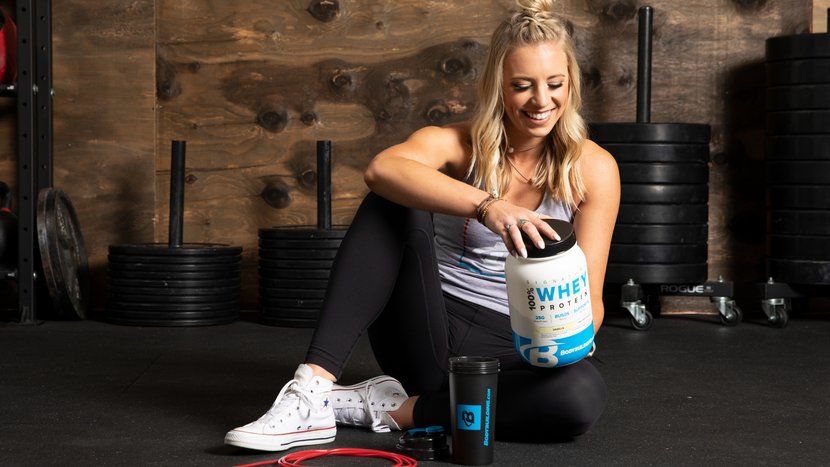When it comes to achieving optimal athletic performance and maintaining a healthy lifestyle, sports nutrition plays a vital role. From professional athletes to fitness enthusiasts, people are increasingly turning to private label sports nutrition products to meet their dietary and performance needs. In this comprehensive guide, private label sports nutrition products we will delve into the world of private label sports nutrition, exploring its benefits, the key factors to consider when choosing products, and how private labeling can help businesses carve their niche in the competitive market.
The Rise of Sports Nutrition
In recent years, the popularity of sports nutrition products has soared, driven by the increasing focus on health and fitness. Athletes and fitness enthusiasts are recognizing the importance of proper nutrition in enhancing their performance, improving recovery, and achieving their goals. This growing demand has paved the way for private label sports nutrition products, allowing businesses to offer customized solutions to their customers.
Understanding Private Labeling
Private labeling refers to the practice of branding products manufactured by one company under the name of another company. In the case of sports nutrition, private label products are created by manufacturers with expertise in developing high-quality formulations. Businesses can then add their own branding and customize the products to align with their target market and brand identity.
Benefits of Private Label Sports Nutrition Products
3.1 Quality Assurance and Customization
Private label sports nutrition products offer businesses the advantage of quality assurance. Reputable manufacturers invest in rigorous testing and adhere to industry standards to ensure their products are safe and effective. By partnering with a trusted manufacturer, businesses can have confidence in the quality of the products they offer.
Moreover, private labeling allows for customization. Businesses can choose from a wide range of pre-formulated products or work with manufacturers to develop unique formulations tailored to specific needs. This flexibility enables companies to cater to niche markets and differentiate themselves from competitors.
3.2 Control Over Ingredients and Formulations
Private labeling empowers businesses to have control over the ingredients used in their sports nutrition products. They can select premium ingredients, avoid common allergens or artificial additives, and offer specialized formulations such as vegan or gluten-free options. This level of customization enables companies to meet the diverse preferences and dietary requirements of their target audience.
3.3 Branding Opportunities
One of the significant advantages of private labeling is the branding opportunities it presents. By placing their own logos, designs, and packaging on the products, businesses can enhance their Click here brand visibility and recognition. This allows them to build a loyal customer base and create a cohesive brand experience.
3.4 Building Trust and Loyalty
Private label sports nutrition products can help businesses establish trust and loyalty with their customers. By consistently delivering high-quality products that meet the needs of athletes and fitness enthusiasts, companies can cultivate a strong reputation in the market. This reputation, coupled with excellent customer service and effective marketing, can foster long-term customer relationships.
3.5 Market Demand and Profitability
The sports nutrition market continues to experience significant growth, presenting ample opportunities for businesses entering the private label sector. With the rising interest in health and fitness, consumers are actively seeking sports nutrition products to support their goals. By offering private label options, businesses can tap into this market demand and potentially increase their profitability.
